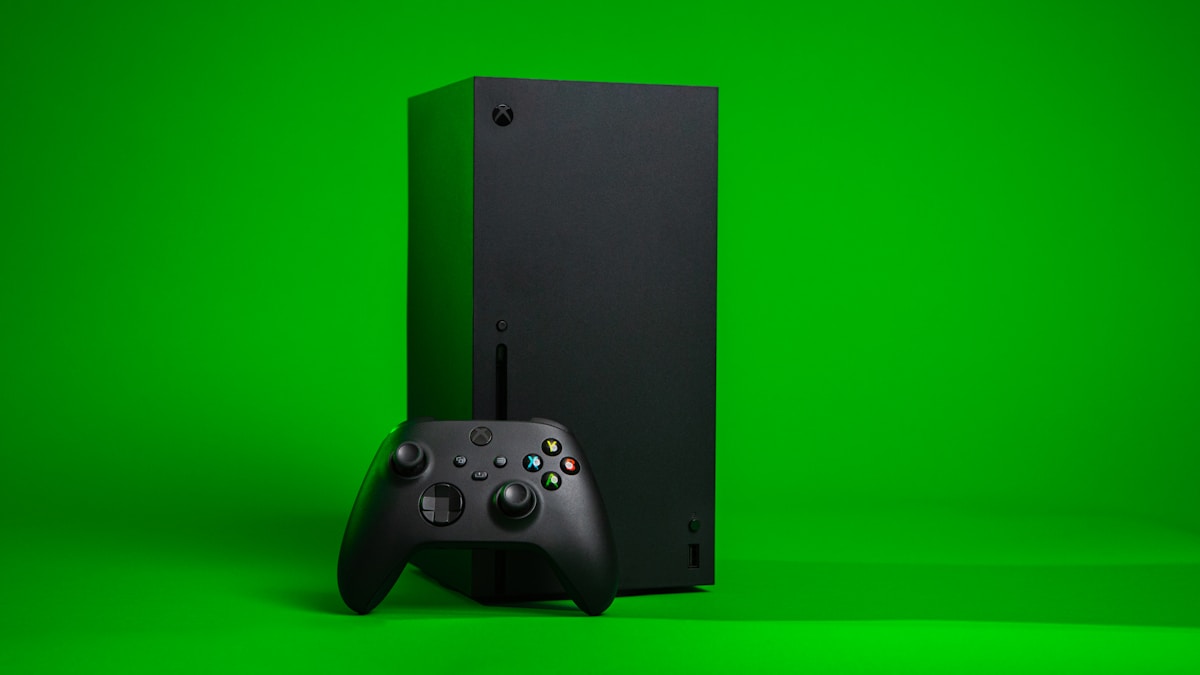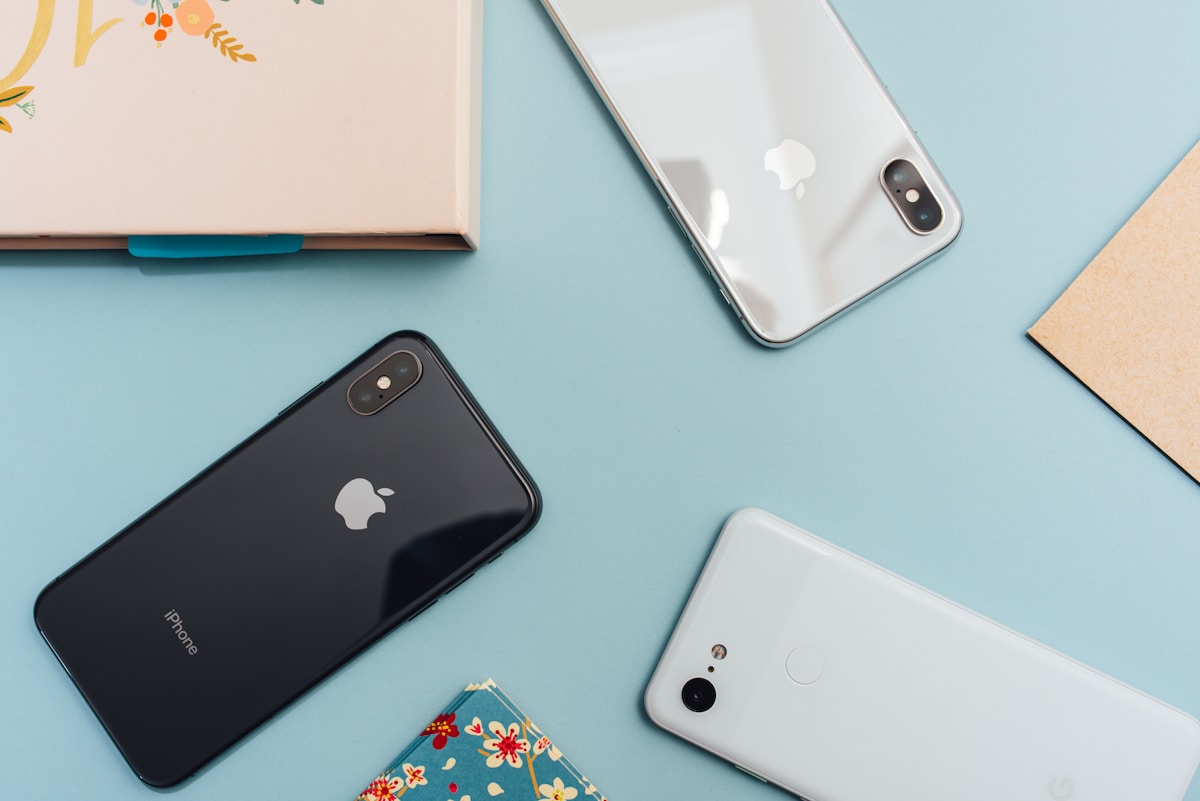Microsoft issued a rare official statement on October 5 directly addressing rumors that next-generation Xbox console plans were cancelled or up in the air. We are actively investing in our future first-party consoles and devices designed, engineered and built by Xbox, the company told Windows Central. For more details, the community can revisit our agreement announcement with AMD. The statement references June’s multi-year AMD partnership for custom silicon across multiple devices including next-generation Xbox consoles, providing contractual evidence that hardware development continues.
Why Microsoft Felt Compelled to Respond
Microsoft typically refuses to comment on rumors or unannounced products, making this October 5 statement remarkable. The company broke protocol because cancellation narratives escalated from insider SneakersSO’s up in the air claim into full-blown social media hysteria suggesting Xbox was exiting hardware entirely to focus exclusively on cloud gaming. The snowballing misinformation forced Microsoft’s hand, requiring direct clarification to prevent the rumor from becoming accepted truth.
The statement arrived hours after Jez Corden’s Windows Central report confirming through trusted sources that hardware plans remain firmly Xbox’s path forward. Microsoft’s follow-up statement echoed Corden’s reporting while adding official corporate weight. The timing suggests Microsoft coordinated with Windows Central, allowing Corden to publish his source-based confirmation before providing the official statement that validated his reporting.
The AMD Partnership as Evidence
Microsoft’s statement specifically directs the community to revisit our agreement announcement with AMD, treating the June partnership as dispositive proof that hardware development continues. Xbox president Sarah Bond announced at the time: I am thrilled to share we’ve established a strategic multi-year partnership with AMD to co-engineer silicon across a portfolio of devices including our next-generation Xbox consoles, in your living room, and in your hands.
Multi-year partnerships between trillion-dollar corporations include binding contractual obligations, development milestones, and substantial penalties for early termination. Microsoft legally cannot exit console manufacturing until fulfilling whatever parameters the AMD contract stipulates, at minimum through agreed deliverables. The partnership serves as an anchor preventing sudden hardware exits regardless of strategic wavering, making cancellation rumors structurally implausible as long as the AMD deal remains active.
What the Partnership Actually Entails
The AMD collaboration includes custom silicon powering next-generation Xbox consoles, Xbox Ally handheld devices from OEM partners like Asus, and other hardware across Microsoft’s gaming portfolio. The ROG Xbox Ally featuring AMD Ryzen Z2 processors represents the first product from that partnership. AMD CEO Lisa Su appeared in announcement materials alongside Sarah Bond, lending corporate credibility to the commitment that goes beyond typical marketing partnerships.
Bond’s statement emphasized Xbox’s vision for players to play the games you want, with the people you want, anywhere you want, explaining why we’re investing in our next-generation hardware lineup, across console, handheld, PC, cloud, and accessories. That broad hardware vision positions Xbox as a platform spanning multiple device types rather than just traditional consoles, though it explicitly confirms console development continues as one component of that expanded ecosystem.
Current Generation Production Continues
Beyond confirming next-generation plans, Jez Corden’s reporting clarified that Xbox Series X|S hardware production has not ceased, and new stock will go out to retailers at its usual cadence. This addresses separate concerns that Microsoft might stop manufacturing current-generation consoles even if next-generation development continues. The explicit confirmation that production remains ongoing contradicts claims from sources like eXtas1s that Spanish retailers were told Microsoft isn’t supplying more hardware.
Retailers like Costco recently delisted Xbox consoles, and insider SneakersSO claimed more major retailers will follow. Microsoft’s statement doesn’t directly address retail challenges, focusing instead on hardware development and production rather than distribution decisions. The distinction matters because retailers choosing to stop carrying Xbox due to poor sales represents a different problem than Microsoft cancelling hardware development. Both issues damage Xbox, but only the latter represents an existential hardware exit.
The ‘For Now’ Problem
Jez Corden’s Windows Central article includes a critical caveat that undermines even Microsoft’s official reassurance: At least for now. His piece elaborates: That at least for now qualifier is a real problem. How can we know what will be true next quarter? Microsoft executives testified during the Activision acquisition that Game Pass prices wouldn’t increase. That promise lasted less than two years before the 50 percent Ultimate hike to 30 dollars monthly.
The pattern of Microsoft rapidly pivoting strategies creates legitimate uncertainty about whether October 5’s statement remains valid by December, let alone 2027 when next-generation consoles would launch. Phil Spencer previously confirmed permanent exclusives were ending for Xbox, only for Sarah Bond to later clarify that some games might remain exclusive based on business case evaluations. The contradictory messaging erodes trust that official statements represent durable commitments rather than current snapshots subject to immediate revision.
Why Faith Collapsed This Badly
Corden’s analysis asks the critical question: It’s a problem that rumors of a cancellation are so easy to believe. The article identifies several factors eroding confidence in Xbox’s hardware future. The barely-explicable 50 percent Game Pass Ultimate price rise presented as a good thing with Fortnite Crew bundles people didn’t ask for demonstrated tone-deaf communication. Combine that with huge price hikes, retailers removing Xbox hardware, and massive layoffs, it’s not unsurprising people are speculating on Xbox’s demise.
Microsoft’s multiplatform pivot eliminating Xbox exclusives removes the primary reason to own Xbox hardware. If games go everywhere, why buy an Xbox console? The answer increasingly comes down to Game Pass, but at 30 dollars monthly with degraded benefits like removed DLC discounts, that value proposition weakens. The vicious cycle creates legitimate uncertainty about whether investing billions in next-generation Xbox hardware makes business sense when the platform’s commercial justification erodes quarterly.
The Deeper Disconnect
Corden’s piece argues Microsoft is absolutely awful at managing faith in its consumer products, and I’ve written previously about how the telemetry driving its decisions and its diffuse focus is leading to a collapse in morale in the brand. The article explains that Microsoft’s data-driven approach misses intangible feeling that drives gaming platform loyalty. Gaming is not a necessity, or a utility — it’s driven by sentiment and fun feeling. People need to also feel good about where they play, and Microsoft is making it incredibly hard to feel good about Xbox right now.
The disconnect between Microsoft seeing user behavior data justifying Game Pass restructuring and fans seeing a corporation squeezing customers after spending 68.7 billion dollars on Activision illustrates the problem. Both perspectives contain truth, but Microsoft’s failure to bridge that perception gap erodes trust that undermines future messaging regardless of accuracy. Even official statements confirming hardware development continue get filtered through skepticism that the company will pivot again within months.
Community Reaction to the Statement
Reddit’s r/GamingLeaksAndRumours gave the Microsoft statement 251 upvotes, with comments split between relief and continued cynicism. One user stated even if Microsoft did come out to squash the rumors themselves, it’s hard to have any faith. Another joked Microsoft confirms Xbox’s next gen console hardware plans aren’t canceled until Microsoft officially cancels them, treating current commitments as meaningless given the company’s history of rapid reversals.
Several commenters noted that this is a stark response to rumors that normally Microsoft or Xbox refuse to comment on, which means if Xbox truly was going to put into question whether they move forward with hardware, the silence would be deafening. The fact that Microsoft broke its no comment on rumors protocol suggests genuine concern about damage from cancellation narratives, implying the company recognizes how fragile community confidence has become.
What This Means Going Forward
Microsoft’s October 5 statement provides short-term reassurance that next-generation Xbox hardware development continues, backed by contractual AMD partnership obligations that make sudden cancellation structurally difficult. However, the statement doesn’t address why confidence collapsed badly enough to require rare official clarification in the first place. Those underlying issues, Game Pass price hikes, lost Call of Duty revenue, retail abandonment, studio closures, multiplatform pivots, remain unresolved and will continue fueling uncertainty regardless of official statements.
The AMD partnership prevents Microsoft from exiting hardware immediately, but contractual obligations don’t guarantee long-term commitment beyond fulfilling minimum partnership requirements. The company could complete next-generation console development to satisfy AMD contracts while internally deciding that generation represents Xbox’s hardware swan song. Nothing in the October 5 statement commits Microsoft beyond the immediate next generation, leaving questions about Xbox hardware’s future past 2027 completely unanswered.
Frequently Asked Questions
Did Microsoft confirm next-generation Xbox consoles are still happening?
Yes. Microsoft’s October 5 statement said: We are actively investing in our future first-party consoles and devices designed, engineered and built by Xbox, explicitly confirming next-generation hardware development continues.
Why did Microsoft need to issue this statement?
Rumors that Xbox was cancelling next-generation consoles escalated from insider reports into social media hysteria suggesting Microsoft was exiting hardware entirely. The company rarely comments on rumors but broke protocol due to widespread misinformation.
What is Microsoft’s AMD partnership for Xbox?
In June 2025, Xbox and AMD announced a strategic multi-year partnership to co-engineer custom silicon for multiple devices including next-generation Xbox consoles. The partnership legally binds Microsoft to hardware development through contractual obligations.
Is Xbox Series X/S production still happening?
Yes. Jez Corden reported that Xbox Series X|S hardware production has not ceased, and new stock will go out to retailers at its usual cadence, addressing concerns about current-generation manufacturing stopping.
Why do people think Xbox is cancelling consoles?
Factors include the 50% Game Pass price hike, Bloomberg reporting Xbox lost $300 million on Call of Duty, retailers like Costco dropping Xbox hardware, massive layoffs, studio closures, and multiplatform strategy eliminating exclusives.
Can Microsoft cancel Xbox hardware despite the AMD deal?
Not easily. Multi-year partnerships include binding contractual obligations and penalties for early termination. Microsoft legally must fulfill minimum AMD partnership requirements, preventing sudden hardware exits regardless of strategic wavering.
Does this mean Xbox hardware is safe forever?
No. The statement confirms next-generation development continues but doesn’t commit beyond that generation. Microsoft could complete next-gen consoles to satisfy AMD contracts while deciding that generation is Xbox hardware’s end.
Conclusion
Microsoft’s official October 5 statement confirming active investment in future first-party Xbox consoles provides the strongest possible reassurance that next-generation hardware development continues. The AMD partnership serves as contractual evidence making immediate cancellation structurally implausible. However, the fact that Microsoft felt compelled to issue this rare official statement clarifying something that should have been obvious reveals how badly faith in Xbox’s hardware future has collapsed. The underlying issues driving that confidence crisis, price hikes, lost revenue, retail abandonment, multiplatform pivots, studio closures remain unresolved. Microsoft can confirm hardware plans today, but Jez Corden’s for now qualifier captures the real problem. Xbox’s pattern of rapid strategy changes means October’s commitments might not survive until January, let alone 2027 when next-generation consoles would launch. The statement stops immediate cancellation panic without addressing why panic felt plausible in the first place.



